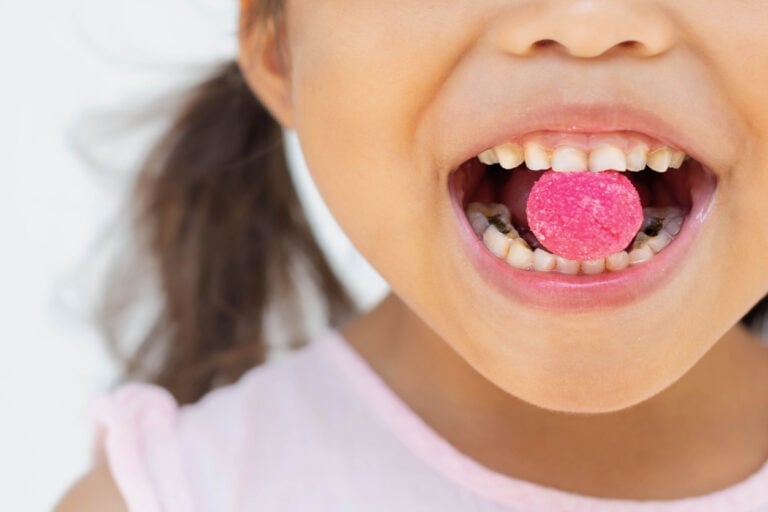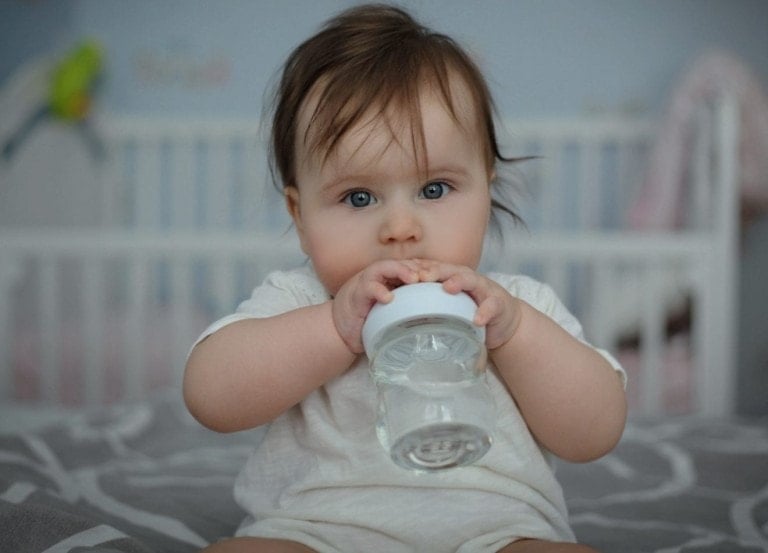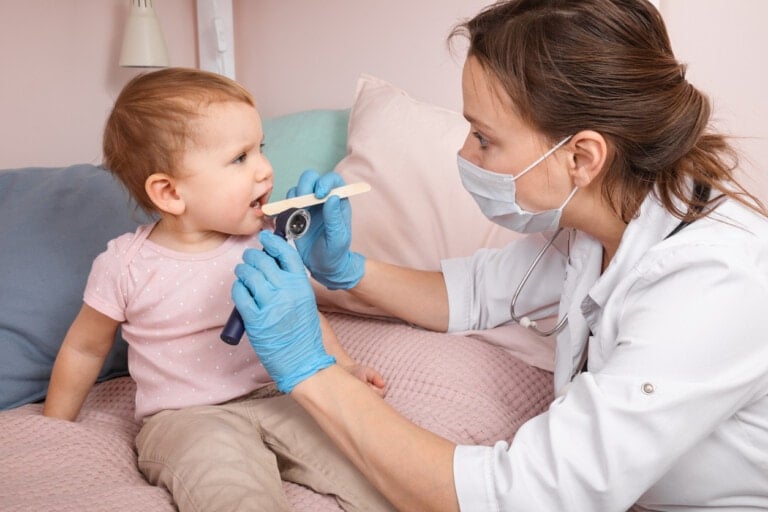Starting solids with your infant can be a challenge, from knowing what your baby will like or what they might even be allergic to. To make things even more challenging, some common foods are the most common allergens, like eggs, milk, wheat, fish, soy, and peanuts. But eggs are a nutrient-dense, protein-rich food for your baby’s diet. But when can babies eat eggs, and when can you introduce eggs to your baby?
When You Can Introduce Eggs to Your Baby
Introducing eggs can be a stress-less experience and have significant health benefits for your baby. It is essential to remember that you should not avoid egg exposure; you can start introducing your baby to eggs at about six months to diversify their diet.4
The Health Benefits of Eggs
Not only are eggs easy to cook and serve to your baby, but they also contain a boatload of nutrients. Eggs are high in protein and fat, two things a growing baby needs a ton of. At this age, protein is mainly used for energy and growth, while fat is used for brain development and protects against infection. The recommended daily amount of protein for a six-month-old infant is 9-10 grams, and the recommended fat is about 50% of their total calories. One egg contains about 6 grams of protein and 5 grams of fat, making it a great option to meet your child’s daily needs alongside breast milk.1
Eggs are also packed with vitamins and minerals your baby needs. Eggs are rich in vitamins A, D, E, K, and B vitamins, choline, iron, phosphorus, calcium, and potassium. The amount of nutrients found in eggs can supplement what is not found in breast milk, making this one of the best foods for starting solids.2
What to Know About an Egg Allergy
Eggs are one of the most common allergens, but that shouldn’t mean you should avoid giving them to your baby.
There are a few preferred ways specialists recommend introducing eggs to your baby, like other common allergens, which can help rule out ingredient-specific allergies. You want to ensure the egg is plain and not accompanied by any other ingredients (even seasoning), as this will prevent any ingredient allergy confusion. Another tip is repeated exposure. This can help with nailing down an allergy if the baby presents with one. The rash they had once after having an egg could be due to the new laundry detergent you bought last week and not the food itself.
It is also critical to be alert and aware of the symptoms of an egg allergy. Egg allergic reactions usually occur within minutes to up to two hours after exposure. Symptoms can include:3,4
- Hives
- Repeated vomiting
- Diarrhea
- Coughing
- Wheezing
- Itchy eyes
- Congestion
- Sneezing
- Tightness in the throat
In rare cases, anaphylaxis can occur and would require immediate medical attention. If you suspect your child is allergic to eggs (or another common allergen), your doctor or allergist can order testing.3,4
How to Serve Eggs to Babies
Eggs are very easy to prep and store for busy days ahead. There are many ways you can prepare and store cooked eggs.
Overall, you want to ensure you introduce a plain, fully-cooked egg when offering it to your baby for the first time. Avoid using baked goods with eggs as your introductory food or any extra ingredients when cooking them, like milk or cheese.
The easiest way to serve eggs to babies is by scrambling or hard-boiling them. Once fully cooked, you can let the egg cool to a warm temperature (not hot); you can cut the egg into strips for your child to hold and feed themselves. Or you can cut them into bite-sized pieces with a fork or spoon. However you choose to cook and serve your baby eggs, you can ensure they are safe to eat if they are fully cooked.
As your baby gets older, you can start introducing foods with mixed ingredients, like a bite-sized veggie omelet, cheese, and egg with bread or egg and avocado.
Eggs are an egg-celent choice for your baby! Eggs are full of vitamins and minerals to support overall health and protein and fat to keep growth and development on track. Although eggs are a common allergen, research shows that avoiding them does more harm than good. It’s helpful to expose children to allergens when solids start, so it’s a good idea to know when babies can eat eggs and when you can introduce eggs to your baby. This not only exposes them to a variety of foods, but it also rules out allergies while under tight supervision for later in childhood. By six months, babies are ready to try fully cooked eggs with nothing else on the plate.

































